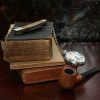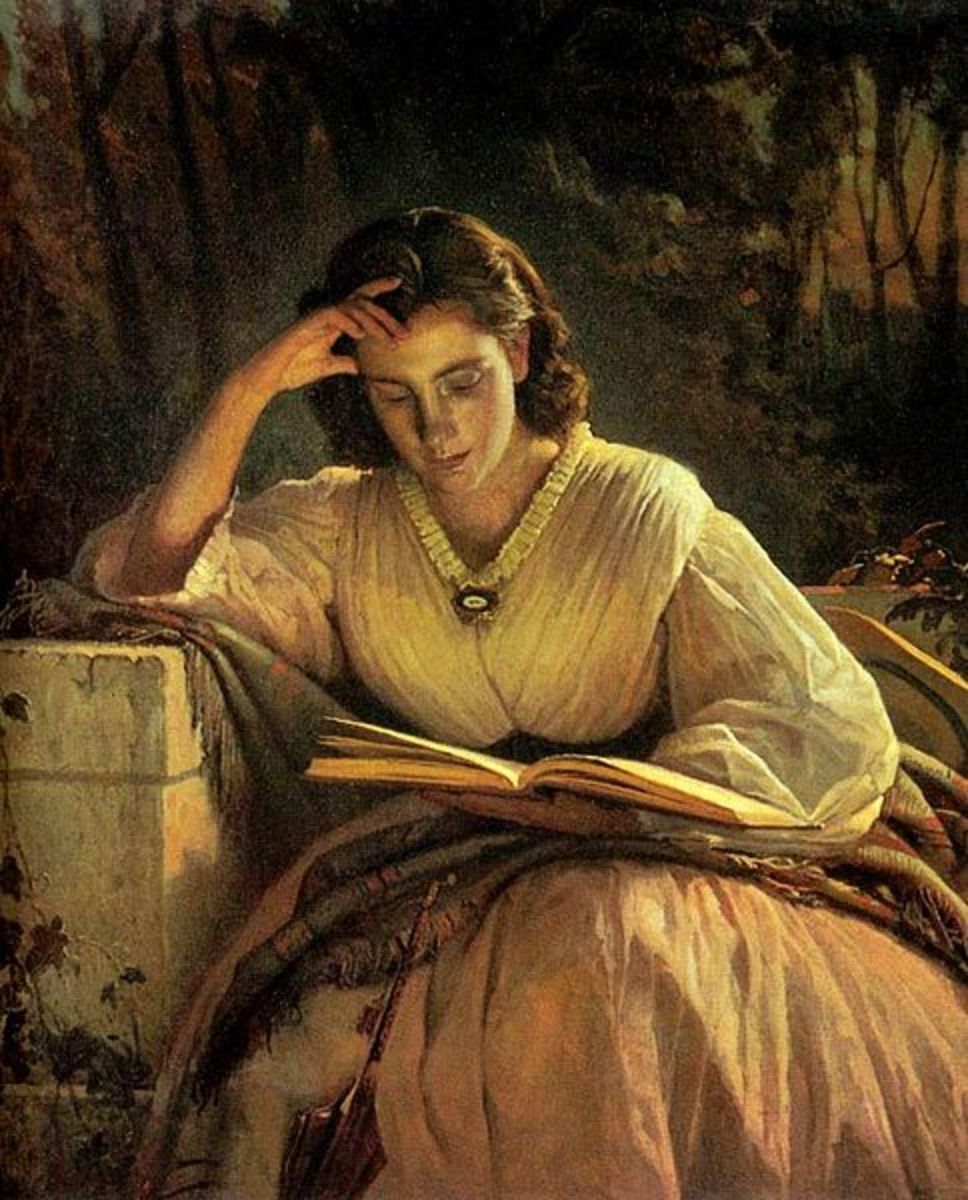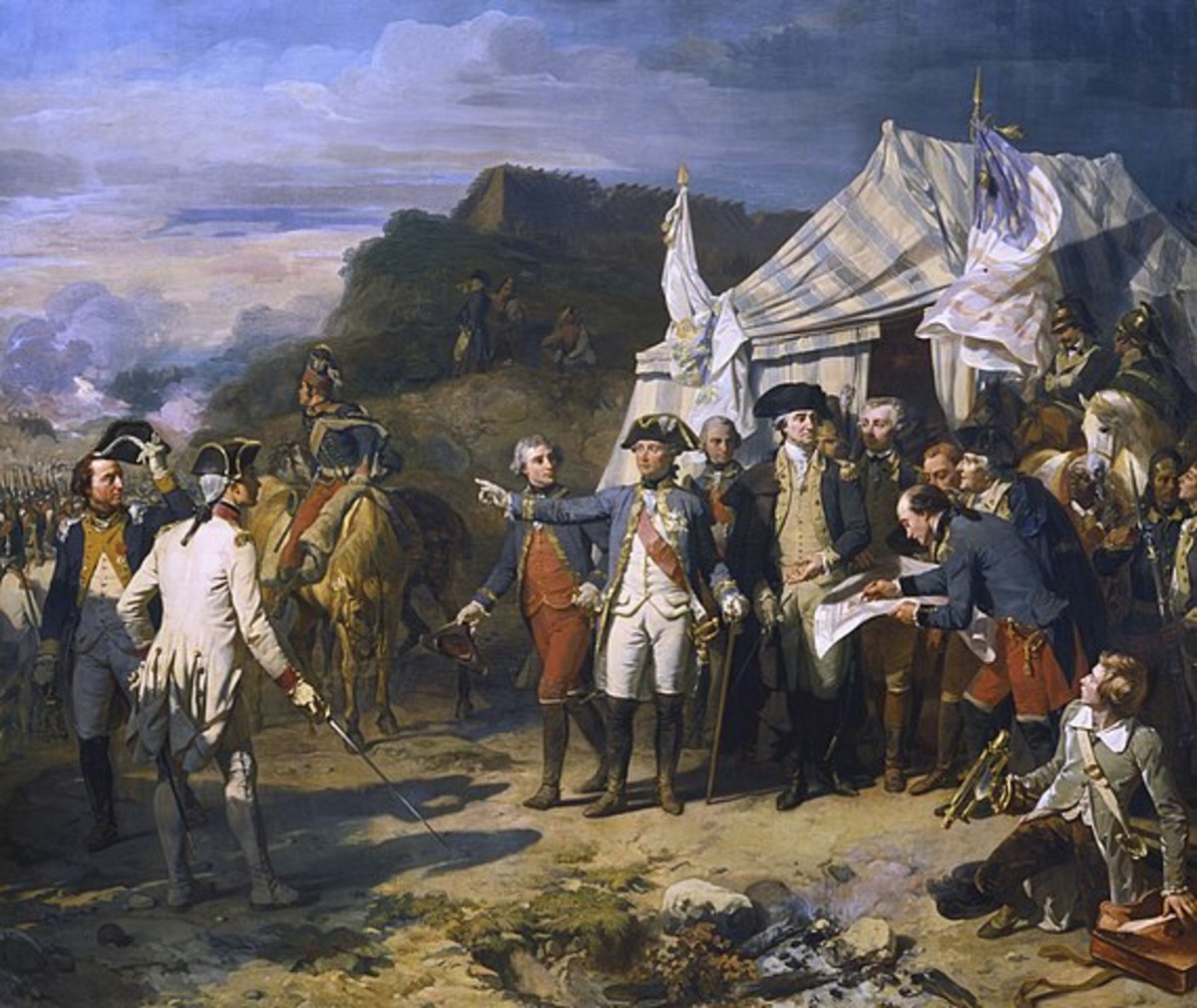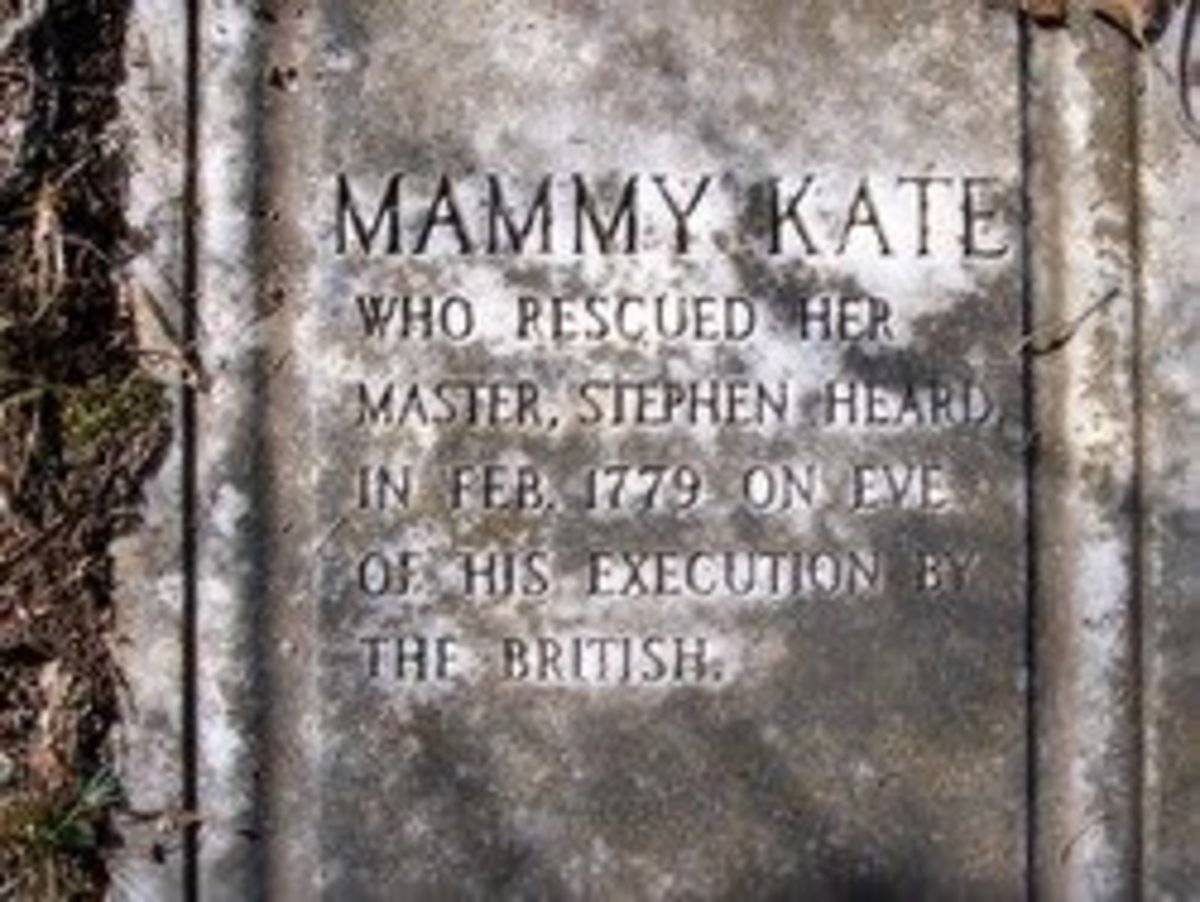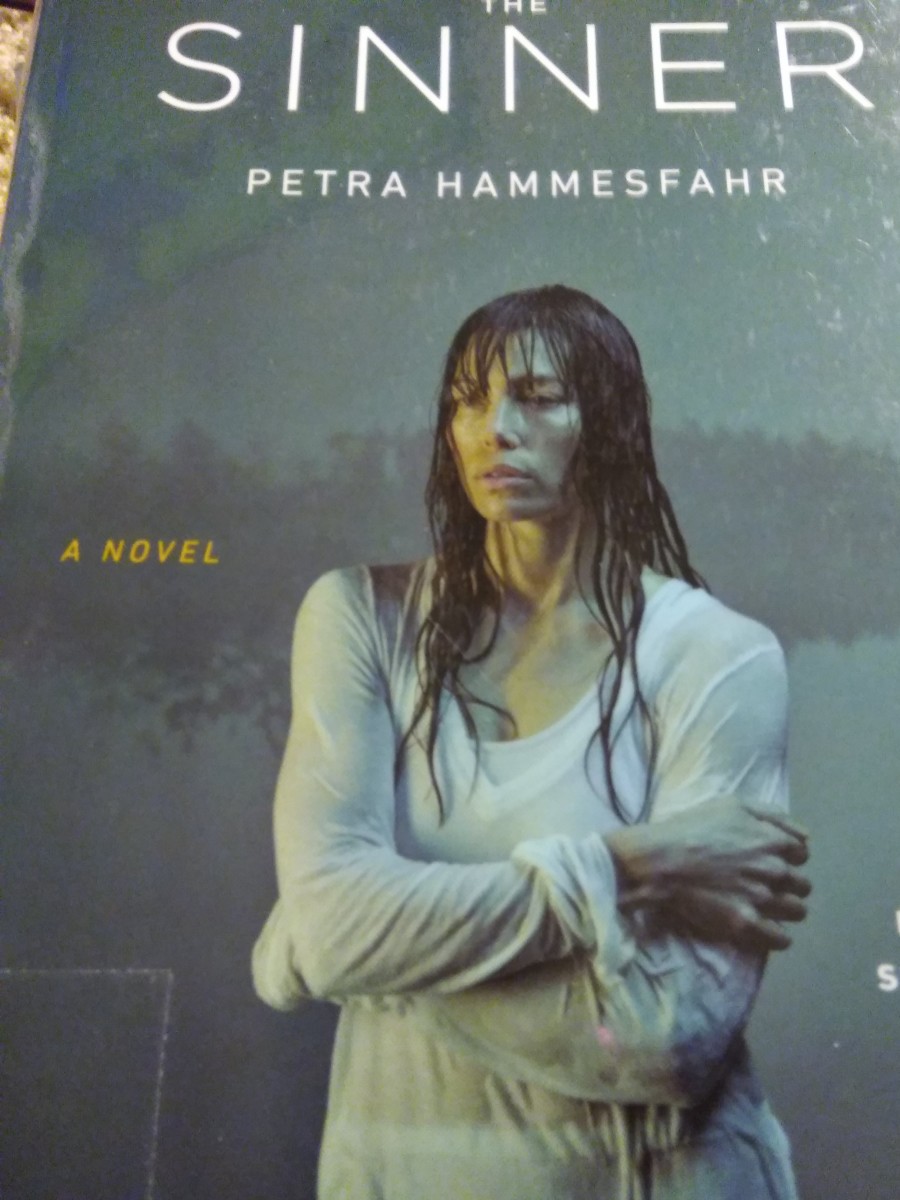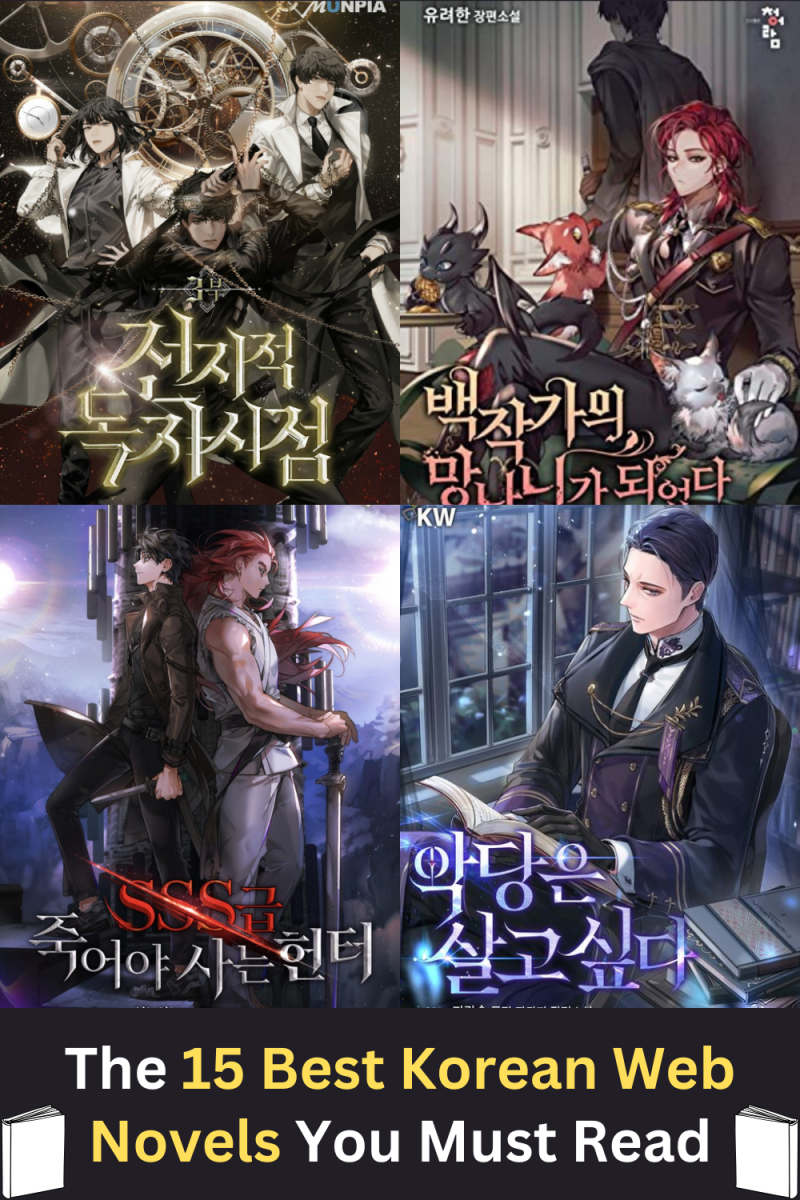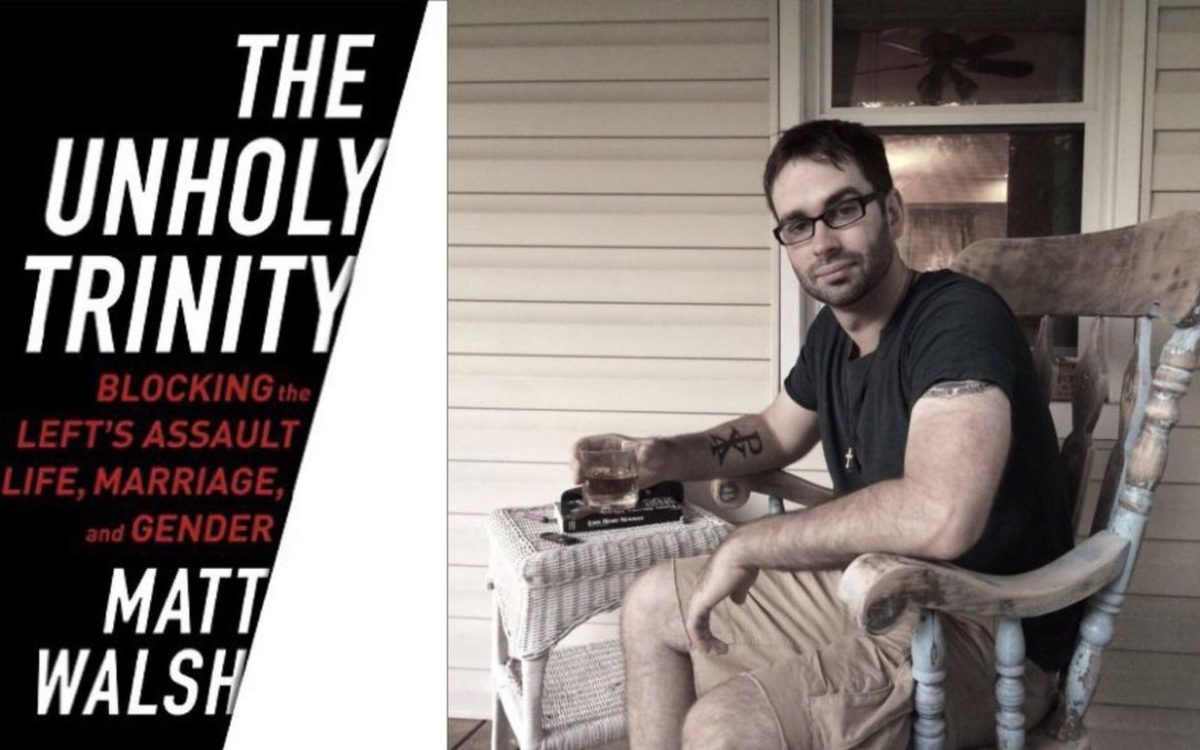The New Outlander - Outlandish (and disappointing)
I can't convince my girlfriend, Jilly, that she needs to start her own HubPages account (still trying), but she's 3/4 of the way through the latest installment in the Outlander series by Diana Gabaldon, Written in My Own Heart's Blood, and she wants to publish a review.
I told her she couldn't write a review when she's only 3/4 of the way through a book, but...it's like talking to a Scot.
So here goes...
*** (everything - EVERYTHING - from here on is written by Jilly Campbell)
I can't call it historical fiction, because there are too many "magical and mystical" doings...
I can't call it fantasy, because there's just too much history...
I can't call it a bodice ripper, because there's too much history between the titillating bits...
So how would I categorize Diana Gabaldon's 18th/20th century romp? I can't. I've given up trying and decided I'm going to ENJOY them un-categorically (so to speak).
Unfortunately, although I did enjoy the series in the beginning, I've found, as they go on, I'm enjoying them less.
The eighth novel in the series, Written in My Own Heart's Blood, still has its two main characters intact (Scotsman Jamie Fraser and his time-traveling wife, Claire). Along the way, a plethora of other engaging people have been added to the cast. We now must contend with keeping track of the voices of no less than 8 main characters (with scores of minor players) in two different timeframes - not two different time zones, mind you, but two different centuries. And all for the love of historical riches. For reading Written in My Own Heart's Blood is like being a part of the American Revolutionary War with its deprivations, horrible weather and even worse conditions, and grand beauty of surrounds and purpose.
Oh, to be sure, Gabaldon's overblown and anachronistic prose is still evident (which I suppose she can write off as in keeping with the time-traveling, but that doesn't excuse an Englishwoman's obvious penchant for Americanisms), but her storytelling prowess and lusty sense of humor are firmly in place - keeping you turning the pages well into the wee dark night...and wanting more.
UPDATE:
Alas, I have finished the book...
1. Jamie (and his wicked sense of humor) is not in it enough.
2. At least Gabaldon didn't leave ridiculous cliff-hangers as she did in the prior book. Heart's Blood wraps up the story nicely while leaving room for other stories to come (What is William to do? How did Bree and Roger Mac get back to Fraser's Ridge at the right time? There's more yet to happen in the American Revolutionary War, so how will that affect our heroes? Ian/Rachel have their own story to tell, don't they? What of the gold that caused the trouble that ended the prior novel and began this book?).
3. Jamie's not in it enough.
4. Sourdough bread did not exist in North Carolina of 1778...yet another anachronism (sourdough yeast is ancient and probably existed then, but the bread we think of as being made from that yeast - and call sourdough bread - was created in California in the mid-1800s). This mistake (and others like it) are troublesome only because the book is so rich in details of life and food and things of the past, that when I find them, the errors are jarring and cause me to question everything.
5. Jamie's not in it enough.
6. I like historical fiction because of all I learn about history (thus the problem with #4). I expect historical fiction to be rife with historical characters - I LOVE that. But to put a fictional character created by another author into a historical fiction work (Natty "Hawkeye" Bumppo - James Fenimore Cooper's iconic creation) as if he really existed - travesty.
7. Did I mention that Jamie's not in it enough?
Not my favorite of the eight. Probably because Jamie's not in it enough.
A new mini-series, based on the early books, is acomin'
Take an early gander , a nighean, and tell us what you think.
Are you a fan, too?
